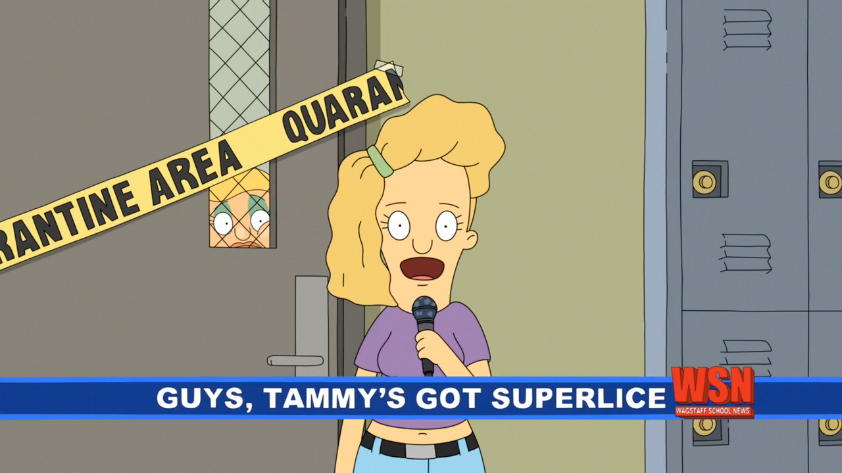

Bielen describes this sax part as being like the soundtrack of a film noir. Steve Lawrence plays a tenor saxophone part to take the song from the verse about the record producer to the verse about the corrupt cop.

"Crime in the City" uses a chord structure that resembles that of Dylan's " All Along the Watchtower." The song goes through multiple musical styles, including some " jazzy touches." It begins with a Spanish guitar. Ī deleted verse described the killing of the Dakota people.Īmong the verses deleted from the final song were one describing the genocide of the Sioux and Dakota people and another about a prison warden and guard shooting deer in an empty prison yard. Bielen suggests that as with previous verses, the fireman's predicament is the result of growing up in the city. In the 5th verse, Young sings that "I keep getting younger/My life's been funny that way," which Williamson sees as a play on the lyrics from Bob Dylan's " My Back Pages," in which Dylan sings "I was so much older then/I'm younger than that now." Rogan notes that despite that, the line "Wish I never got old" nonetheless ends the song on a "wistful note." But in between, Young described a former fireman who when growing up "sassed" authority figures such as his parents, teachers and preachers, and now is serving a life sentence in prison for an unspecified crime. Williamson hears the raw emotion of Young's wounds from that divorce in the lines "Sometimes I talk to Daddy on the telephone/When he says that he loves me I know that he does/But I wish I could see him, I wish I knew where he was." Music lecturer Ken Bielen suggests that the boy in this verse, who admits to sometimes being good but sometimes being bad, may be the same one who bribed the cop in the prior verse, and that Young is implying that the boy's broken home is responsible for his actions. Music critics Johnny Rogan and Nigel Williamson see this verse as being personal to Young, whose parents divorced in 1959.

The 4th verse describes a boy dealing with his parents' divorce. He ends the verse stating that "There's still crime in the city/But it's good to be free." In between, the second verse describes a cynical record producer who, dissatisfied with the song he is recording, asks his lackeys to find him a desperate, atomized songwriter, as well as a cheeseburger. The third verse describes a cop who is driven to corruption by the violence of the criminals and the ineptitude of his superiors and who now takes bribes from 10 year olds. The first verse describes a bank robbery, and also introduced themes of sensationalist media and inability to receive comfort from family.
#I got 1 2 3 4 5 6 in my bank account lyrics free#
According to David Downing the lyrics describe "selfishness, stupidity and senseless violence." Allmusic critic Matthew Greenwald interprets it as "illustrating society's lost and found in the late- Reagan administration America of the late '80s." Rolling Stone Magazine contributor Andy Greene describes it as "a frantic screed about people slowly losing their minds in a wild city." The editors of Rolling Stone described it as a companion to the bookend song on Freedom, " Rockin' in the Free World," stating that it "surveys Eighties moral rot." Music journalist Paul Williams interpreted "Crime in the City" to be a "demand that we stop ignoring and denying the reality all around us," also noting that it shares this theme with "Rockin' in the Free World." Young would play both acoustic and electric versions of the earlier version, though the final released version was heavily acoustic. Earlier versions of the song, entitled "Sixty to Zero," which Young performed in concert with the Bluenotes in 1988 were even longer, going on as long as 11 verses and 20 minutes. "Crime in the City" was written on a sailboat in 1988 on the same day Young wrote "Ordinary People" and "Days That Used to Be." It is a lengthy song whose released version has five verses and is almost nine minutes long. AllMusic critic Matthew Greenwald interpreted the song as a critique of America under Ronald Reagan.


 0 kommentar(er)
0 kommentar(er)
